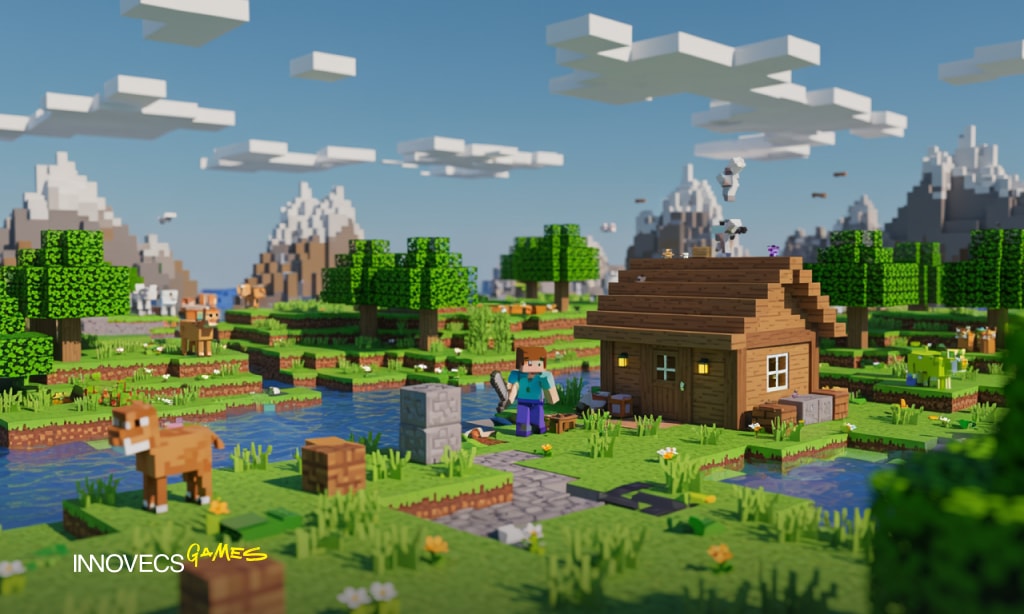While often grouped together, the adventure and action-adventure game genres offer different experiences shaped by their focus and pacing. Traditional adventure titles emphasize exploration and storytelling. These games typically unfold at a slower pace, allowing players to engage deeply with characters, environments, and narrative choices without the constant pressure of combat.
On the other hand, action-adventure titles blend exploration with real-time combat and physical challenges. Titles like Tomb Raider or The Legend of Zelda series are great examples. They balance storytelling with engaging battles, platforming sequences, and resource management. A perfect hybrid example is Metal Gear Solid, which combines stealth mechanics with narrative-driven missions, making it both an action-adventure and a standout among stealth games.
The genre also thrives in the indie scene, where developers experiment with story-driven design and unique visual styles. Indie game titles like Oxenfree, Gris, and Journey focus on atmosphere and emotional storytelling, often forgoing combat entirely in favor of immersive exploration. Whether you’re navigating dialogue trees or dodging enemies in real-time, both adventure games and their action-packed counterparts provide rich, memorable gaming experiences.



